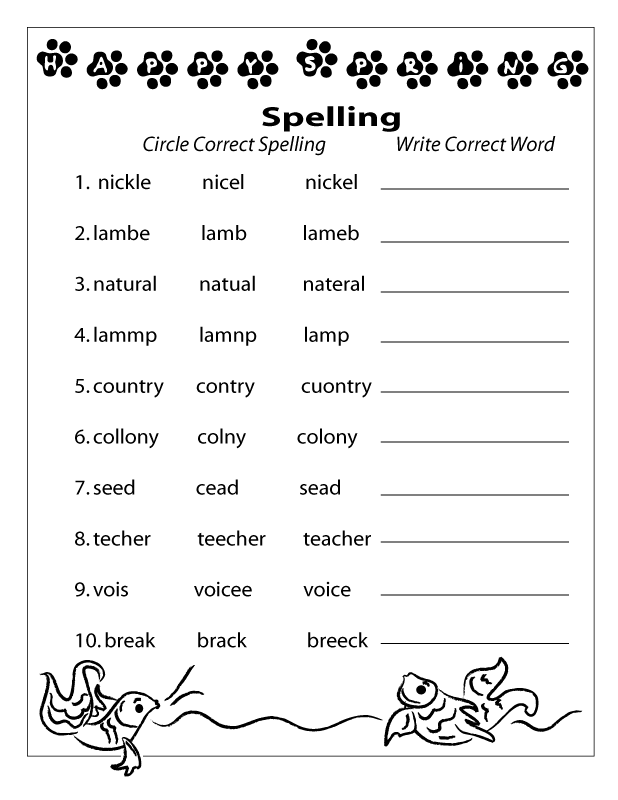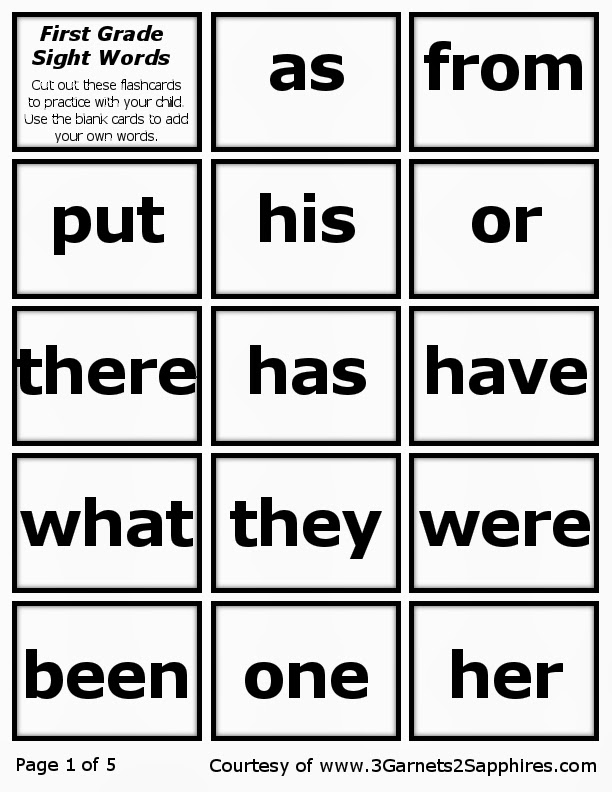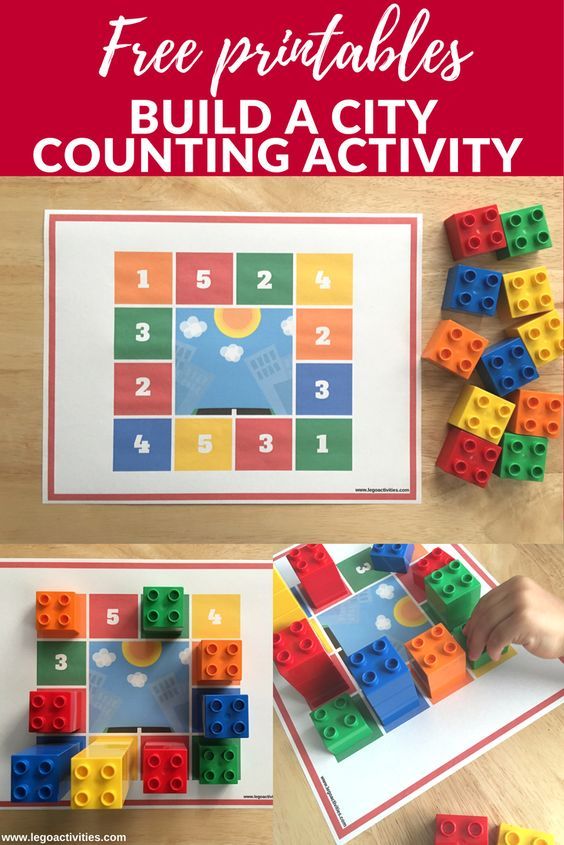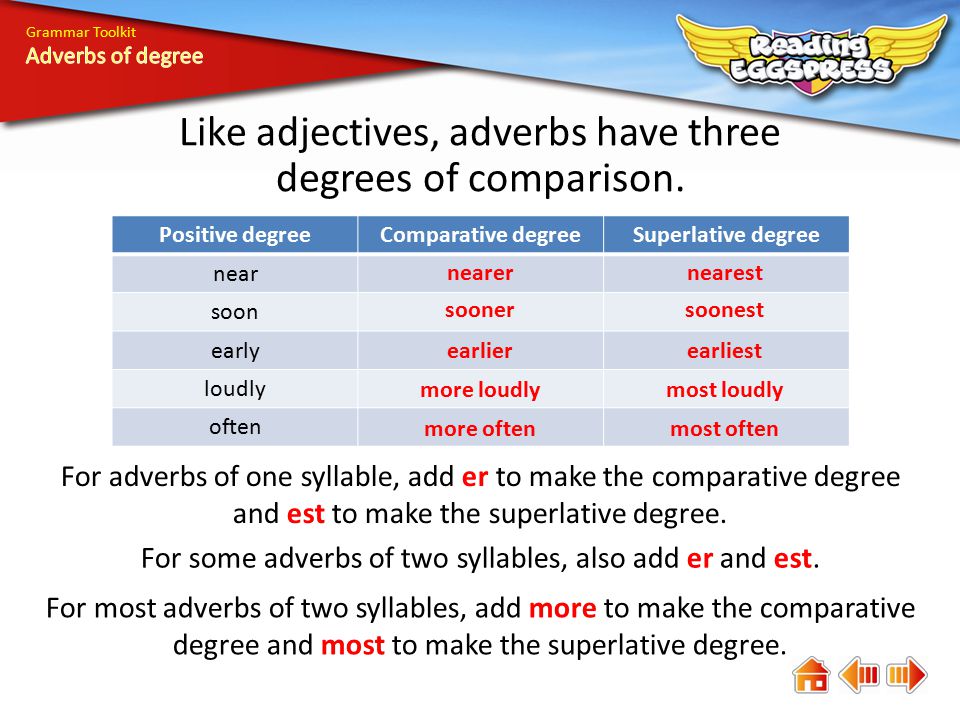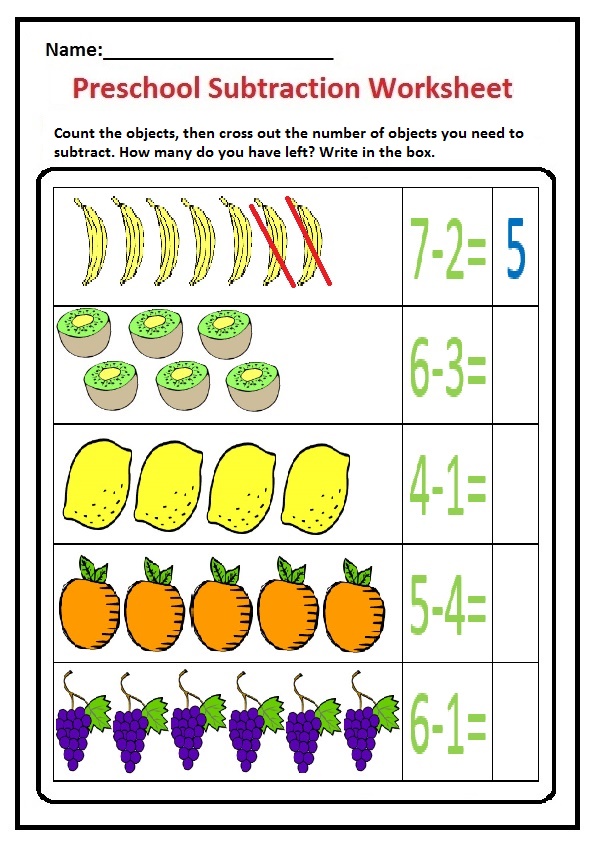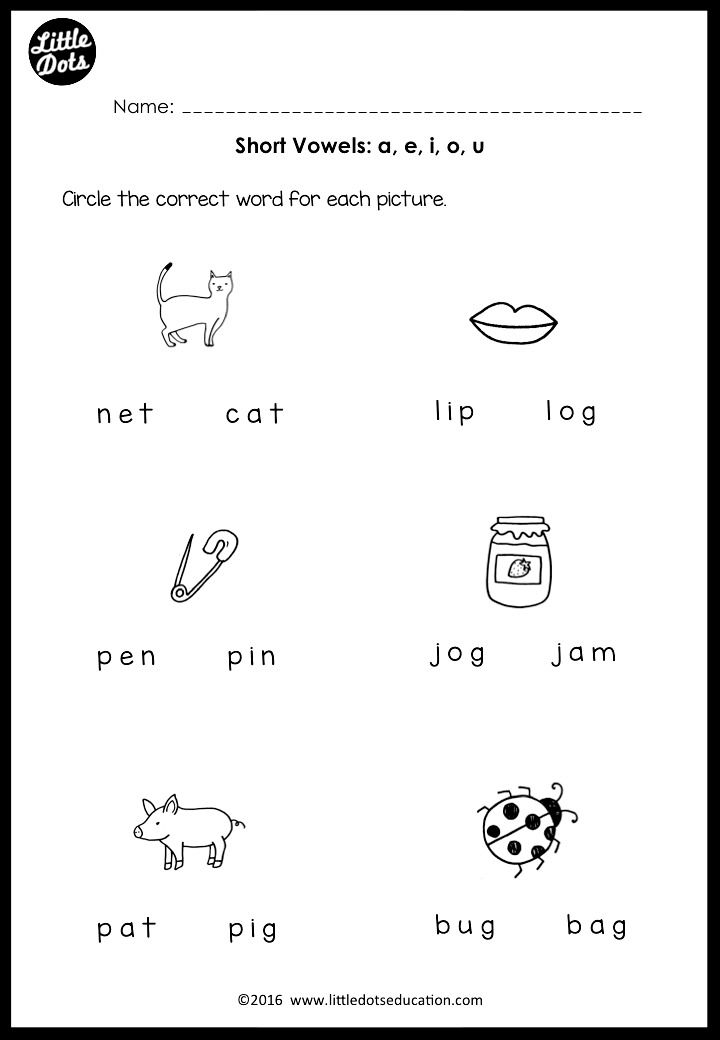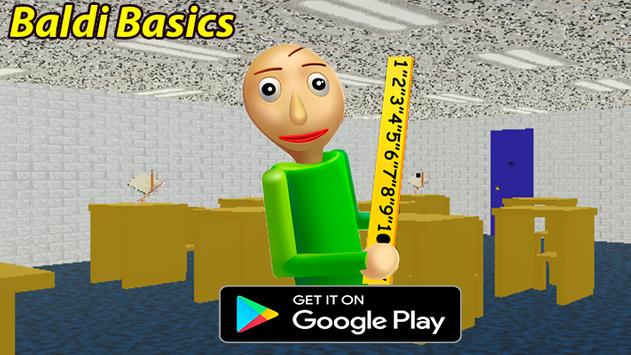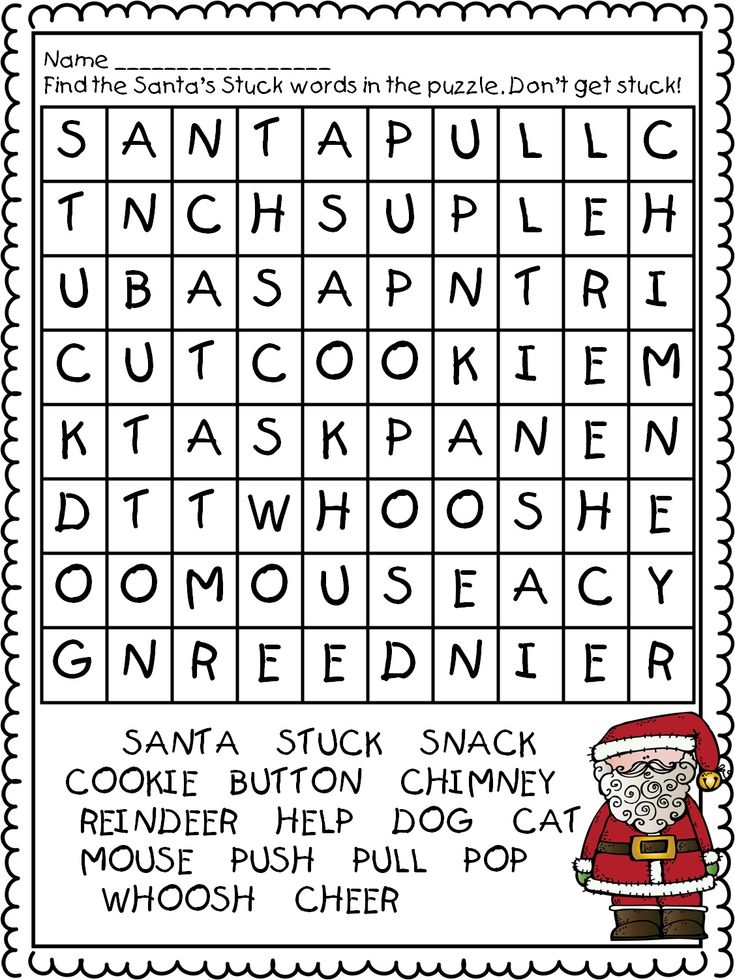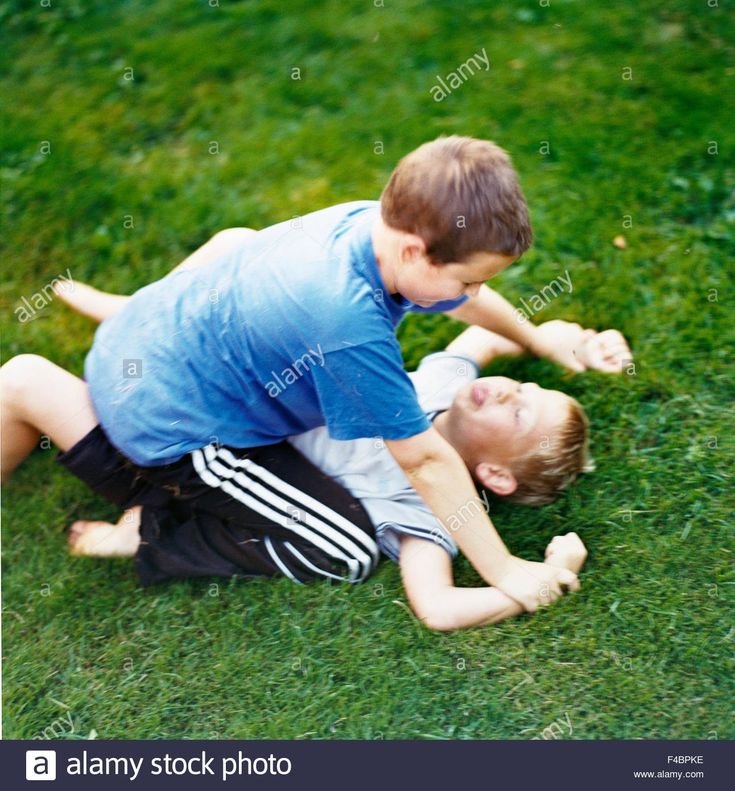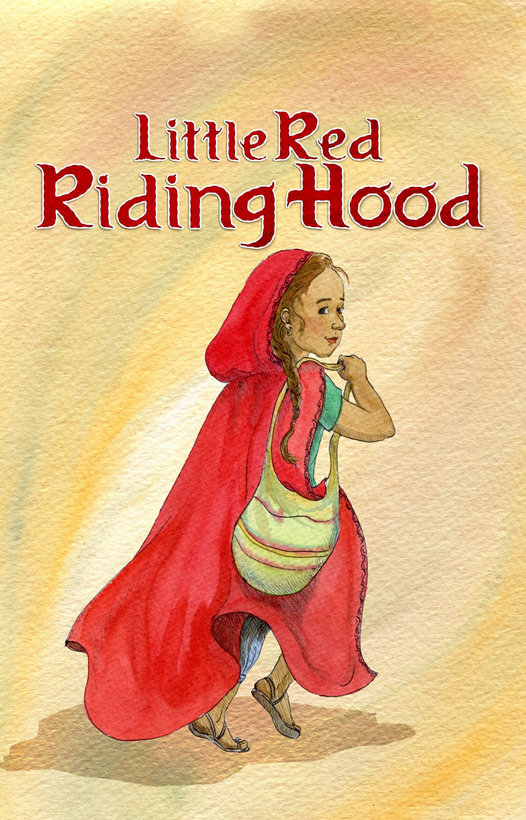Spelling practice for kids
Help
Problem: The website is blocked to my students
Do your students get a message similar to "website can't be reached"?
Solution: Contact your school's technology department, or someone at your school who's in charge of the internet, and tell them you wish to use this website with your class. They can simply unblock it by adding it to their list of approved websites within a couple of minutes.
How can I save my lists?
After you type your list, click the "Save list / Open saved list" button. Then, type a title for your list, and click the "Save" button.
You can save this way up to 24 lists. They will be stored locally in your browser's cache. Note that if you delete your browser's "history" then your saved lists might get deleted.
Problem: I can't save lists / Saved lists are erased
Your lists might not be saved due to the following reasons:
1. Too strict privacy settings in your browser. (try reducing it, or try another browser).
2. Too strict anti-virus or firewall settings. (try reducing it).
3. In schools, web administrators often disable some features of the computers such as the ability to save changes that you've made.
If you can't get your lists saved, you can always save your lists in a document, as described in the following section:
Saving lists permanently
You can save lists permanently in a text document.
Copy the sharing code (see the section below about sharing lists), and paste it inside a text document (such as MS Word or Google Docs). Type your title above it. You can paste this way as many lists as you wish. Save the document.
In most document types, when you click the sharing code it will automatically open the website with your list inside it.
How Can I share my list with my students?
After you type your list, click the "Share this list" button. An address that contains your list will appear. Copy it, and paste it in your class's website, or in your Google Classroom.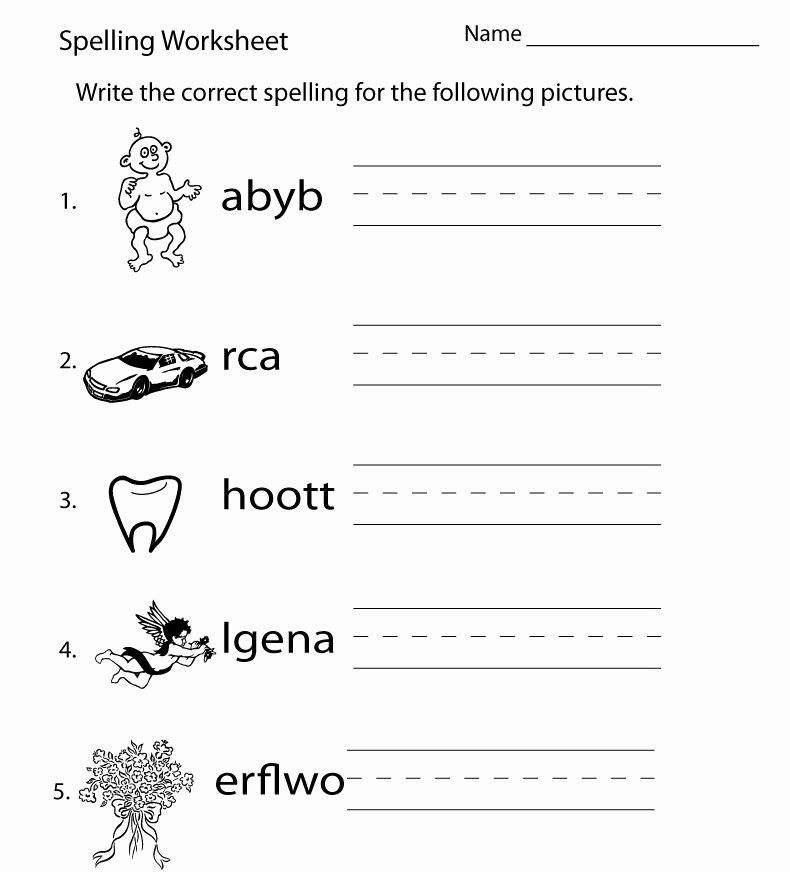
Problem: A game stopped working (can't hear sound, or the screen is black, or doesn't load)
Note that old computers (older than 4 years) might have trouble running some of the games.
Solutions:
1. Try reloading the page (use the "reload" button on the browser, or the F5 key on the keyboard).
Does it work now? If it doesn't, then try the following:
2. Close the browser, including all its open tabs (better save your word list before closing). If you can, close other computer programs that are open too.
Now wait a few seconds (to let the computer's memory get flushed).
Now open the browser again, get back into spellingtraining.com, go to the problematic page and reload it again.
If it still doesn't work, then:
3. Try the website with another browser (Google Chrome, Firefox, Microsoft Edge, Internet Explorer, etc.). If it doesn't work with one - it might work with the other.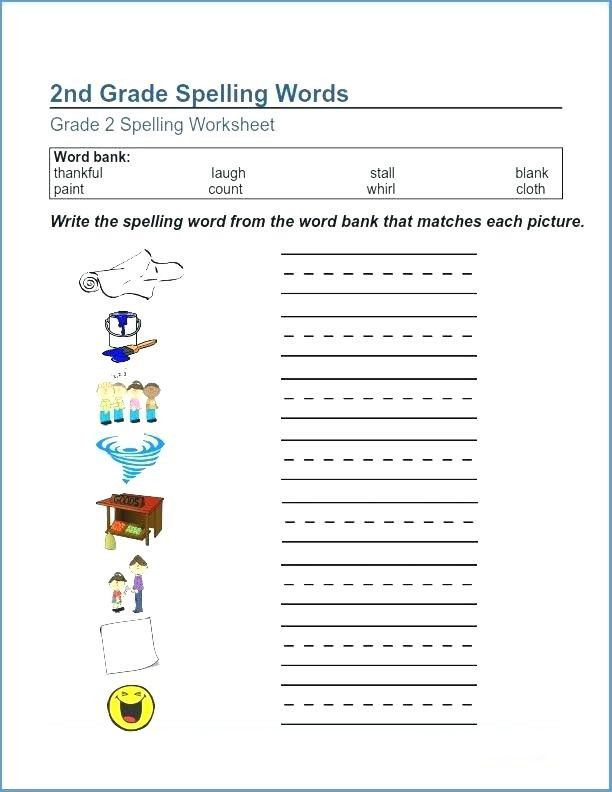
If it still doesn't work - please tell me about it! Send me an email to: [email protected]
But also in the meantime, the following solution will probably work -
4. Try using the website from another computer.
Problem: Some games are suddenly missing (Rollercoaster, Dragon)
Solution: If you browse from a computer and this happens, try the following:
1. Maximize the browser's window size. The games might now reappear.
2. Try zooming out by clicking "Ctrl" with "-" (pressing Ctrl with the minus key). If you zoom out the missing games will appear.
Note that those 3d games (rollercoaster, dragon island, jungle speller etc.) won't appear on tablets and smartphones.
I didn't find an answer to my problem
If there is anything else that you need assistance with, don't hesitate to contact me and I'll do my best to help you. My email is [email protected]
HangMouse - Online Hangman Game
About this Game
Free Activity
The standards correlation for this activity is coming soon!
The standards correlation for this activity is coming soon!
HangMouse is a traditional hangman game that provides students with the opportunity to name each term by filling in letters one at a time.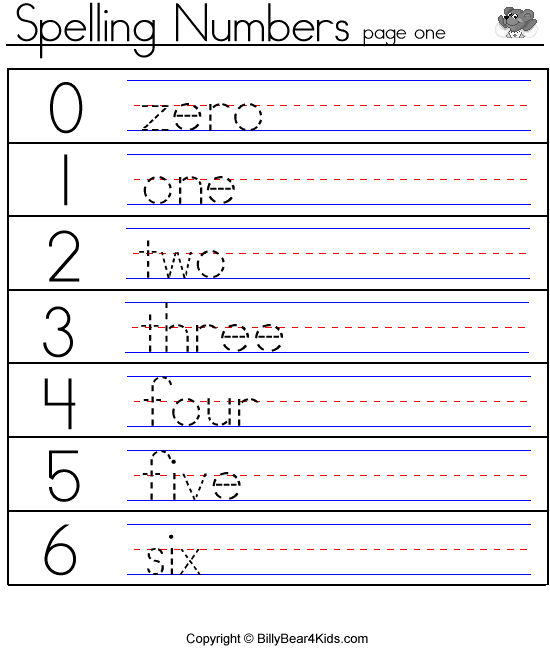
Try HangMouse
with a sample word list!
- 2nd-3rdScience Words - Earth
- 3rd-5thMath Words
- 3rd-5thHomophones
- 6th-8thScience words
Note: Although this activity is designed for the grade levels above, it can also be used as a remediation or enrichment activity at any grade level with an appropriate word list.
Create your own word lists and more with Premium Membership
Learn More
- Foundational Skills
- Spelling
What?Although many people are now dependent on spell check, spelling remains a foundational skill that needs to be explicitly taught and independently practiced. Hangmouse, our online hangman game, is a perfect tool for practicing spelling without relying on spell check. More...Less
Spelling helps with reading and language proficiency, as the connection between letters and sounds is explored and students begin to decode words.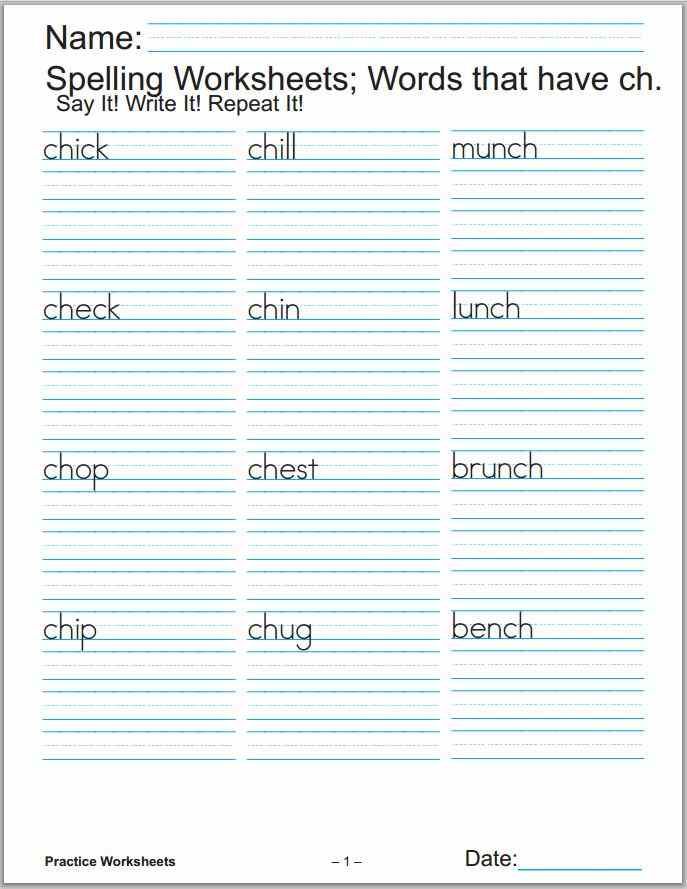 In addition, spelling is a necessary skill in writing as students become more proficient with encoding words. This skill does not stop when students move on from elementary school.
In addition, spelling is a necessary skill in writing as students become more proficient with encoding words. This skill does not stop when students move on from elementary school.
When? Spelling instruction is a key component of the English Language Arts block. More...Less
It is a foundational skill that should be explicitly taught and practiced. Students in the primary grades study spelling in word patterns and word families and find patterns or chunks that they know. Throughout upper elementary and middle school grades, students are exposed to more difficult spelling patterns. Assigning hangman for kids is a great way to teach students how to recognize and anticipate certain groups of letters that commonly appear together in spelling.
How to teach: Teachers tend to assign weekly spelling words and vocabulary terms to the whole class and assess at the end of the week. More...Less
HangMouse can be an alternative to the typical paper and pencil homework.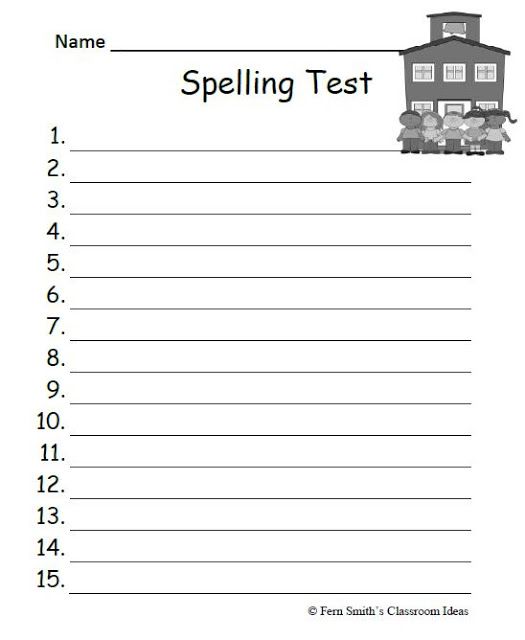 The engaging, interactive game can also be used in the classroom during literacy centers. VocabularySpellingCity makes it very easy for teachers to differentiate the words that students need to learn to spell.
The engaging, interactive game can also be used in the classroom during literacy centers. VocabularySpellingCity makes it very easy for teachers to differentiate the words that students need to learn to spell.
Play to learn: HangMouse is a variation on the traditional online Hangman game. More...Less
Students have the opportunity to name a letter to spell the spelling or vocabulary word. The game will display the word’s definition or a sentence with a blank on the bottom of the page and students will have seven attempts to guess the correct letters. Students receive immediate feedback when an incorrect letter is chosen, as the cat starts to wake up.
Teaching Tip: HangMouse provides audio features perfect for English Language Learners (ELLs). More...Less
ELLs become familiar with the letters that make up the word, the sounds that those letters make, and the pronunciation of the word while playing. HangMouse also lends itself to all subject areas.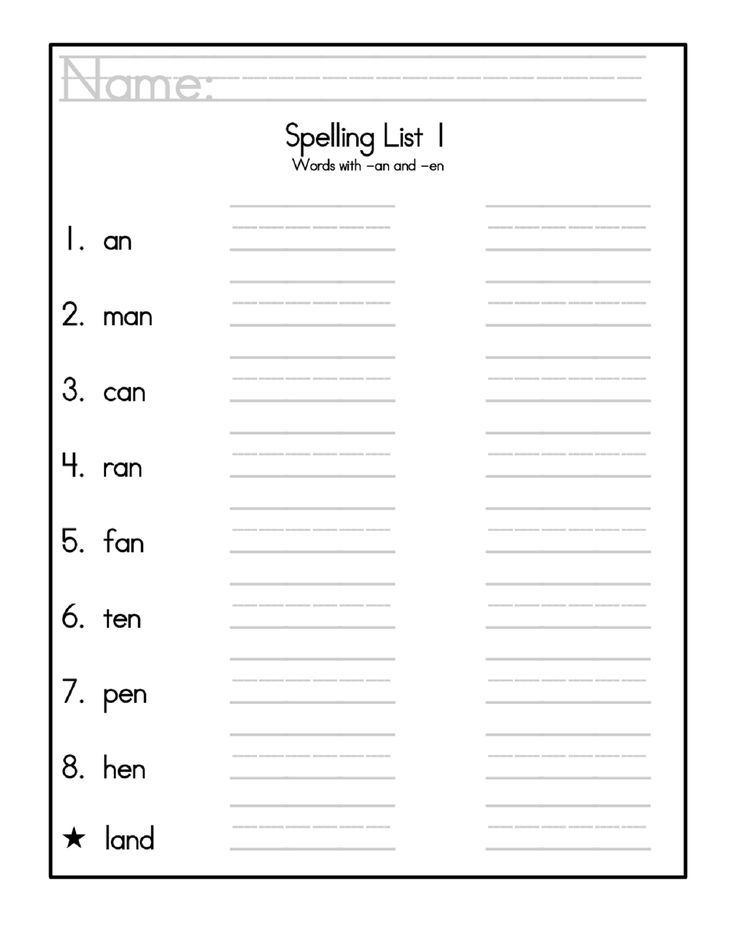 Science, social studies, or math teachers alike can use this interactive game to review key concepts, as the kids hangman game displays the words’ definitions and shows how they are used in context.
Science, social studies, or math teachers alike can use this interactive game to review key concepts, as the kids hangman game displays the words’ definitions and shows how they are used in context.
See all activities!
The best sites for learning Russian online
It doesn't matter how old you are, but most likely you want to speak and write correctly. And despite the era of computerization that brought T9 and other automatic error correction systems, real knowledge has not become less important. After all, for example, in state exams, text autocorrect will no longer help.
Today you can study without cramming, but with interactive and ease. There are many websites for learning Russian that will make the process fun.
We have compiled the top 10 Russian language sites for you to learn theory and practice.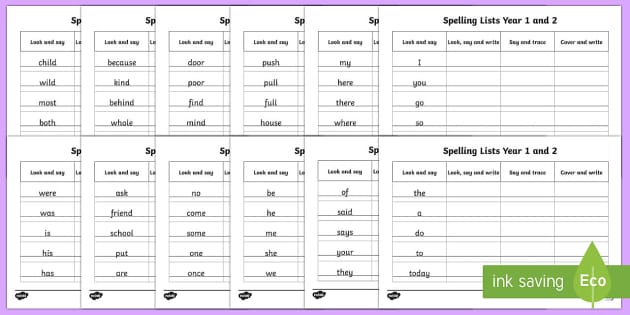
1. Gramota.ru
Perhaps the most popular resource for those who are interested in learning the Russian language. Most often, this reference and information portal is used for a quick spell check and stress check. In addition, on the site you can study the theory - a set of rules for spelling and punctuation - and complete assignments for mastering the material.
2. Spelling
A service that allows you to check entire texts for compliance with the norms of the Russian language. You will not only see specific errors (they will be highlighted in color), but also the rules associated with each of them and tips for improving the text.
<
3. Textology
Russian language site with useful information not only for schoolchildren, but also for philologists and linguists. You can learn all the basic language rules and find a lot of materials on both Russian and literature.
4. True words
Website for teaching Russian to children online.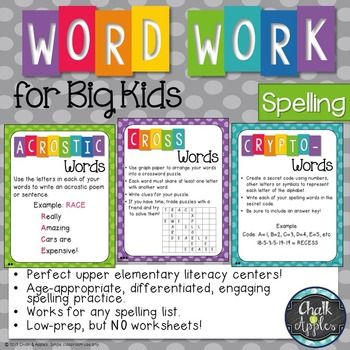 Suitable for preschoolers and primary school students who are not attracted by a paper textbook or boring copybooks. The colorful interface and interactive platform are designed to interest the child and encourage them to learn spelling. Subscription to the site is paid, there is free access to trial lessons.
Suitable for preschoolers and primary school students who are not attracted by a paper textbook or boring copybooks. The colorful interface and interactive platform are designed to interest the child and encourage them to learn spelling. Subscription to the site is paid, there is free access to trial lessons.
5. Interactive dictation
A cool resource for those who want to test their skills and assess the level of literacy without leaving home. Someone to read the text? No problem. Here you only need to insert letters and punctuation marks in the gaps.
Every month for the anniversary of an outstanding Russian writer or poet, a new dictation based on the works of the hero of the day appears on the site. So, you can find out how literate you are by writing a text for the 145th anniversary of Bunin or the 125th anniversary of Bulgakov's birth.
The site about the Russian language was created with the support of the City Methodological Center of the Moscow Department of Education.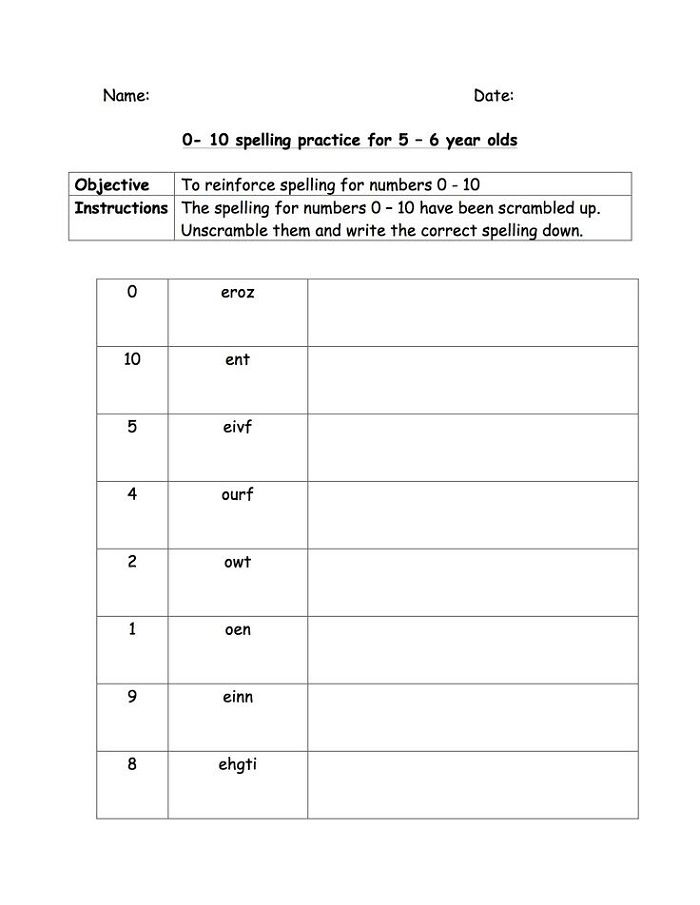
6. Write faster!
Stationery - these are stamps and turns characteristic of the official business style. Often they penetrate into ordinary informal communication, and speech becomes boring and awkward.
The authors of the site urge to get rid of "dead things" (so the well-known translator Nora Gal called office workers) in writing and conversation. Access is free, and it is also possible to sign up for an extended paid version of the course, where you will study with a teacher.
7. Web edition of the rules of the Russian language
Reference site for learning the Russian language, created by designer and blogger Ilya Birman, also known for his typographic layout. The main advantage of this web edition is a quick and convenient search, which makes learning Russian online more accessible. All spelling and punctuation rules are well structured, so it will not be difficult to find the information you need.
8. Education in Russian
Despite the fact that the material is mostly intended for foreign students studying Russian, native speakers will also find a lot of use.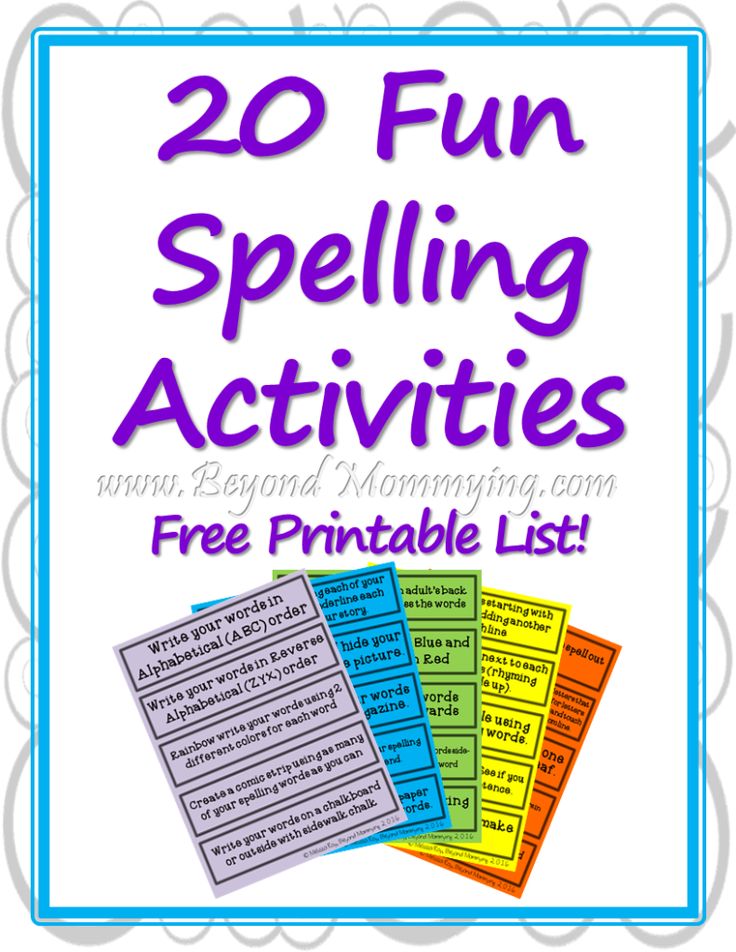 You can deepen or refresh knowledge, as well as practice. The project is supervised by the State Institute of the Russian Language. A. S. Pushkin.
You can deepen or refresh knowledge, as well as practice. The project is supervised by the State Institute of the Russian Language. A. S. Pushkin.
9. Best-language
A resource that has collected all the rules of the Russian language in one place. The feature of the site is brevity and brevity, which allows you to remember large amounts of information and easily learn even complex rules. A good resource for general literacy and exam preparation.
10. The Culture of Written Speech
Tons of useful materials on the site for everyone who is interested in the Russian language, from ordinary schoolchildren to linguists and teachers. You can focus on specific sections - morphology, style, orthoepy, and so on, study examples of essays and presentations, and even participate in competitions and pass interesting tests for erudition. There is a section with typical mistakes, which is recommended for everyone who wants to write correctly.
Foxford External School and Home School Courses
But what if comprehensive training is needed? Sometimes disparate educational sites in the Russian language are not enough.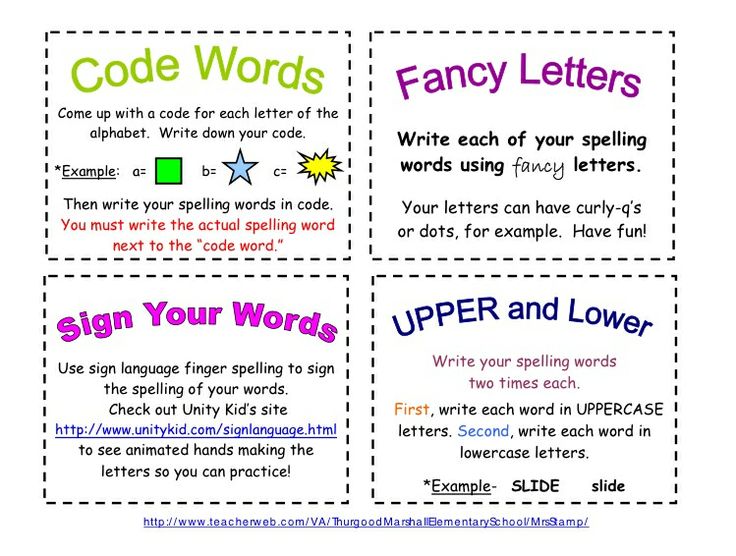 If you feel the need for a thorough study of gaps in knowledge, come to the basic Russian language courses from Foxford's home online school.
If you feel the need for a thorough study of gaps in knowledge, come to the basic Russian language courses from Foxford's home online school.
Studying takes place remotely, there is no need to waste time on the road or independently collect information bit by bit from different sites about the Russian language for schoolchildren. All material is carefully structured and laid out on the shelves.
Teachers from leading Russian universities teach here — PhDs in Philology, authors of teaching aids, and authors of problems for such olympiads as, for example, Russian Bear Cub.
Video lessons can be viewed from any device, including a tablet or phone. Each lesson is accompanied by interactive tasks.
There is a cool subscription feature. The subscription includes the basic subjects of the school curriculum by class - courses for the whole year of study.
You can study at your own pace: just watch the recorded courses whenever you want. Slow down and speed up playback, pause and watch the video as many times as you want - complete freedom!
Write well!
Learn Russian with the teachers of Foxford Home Online School.
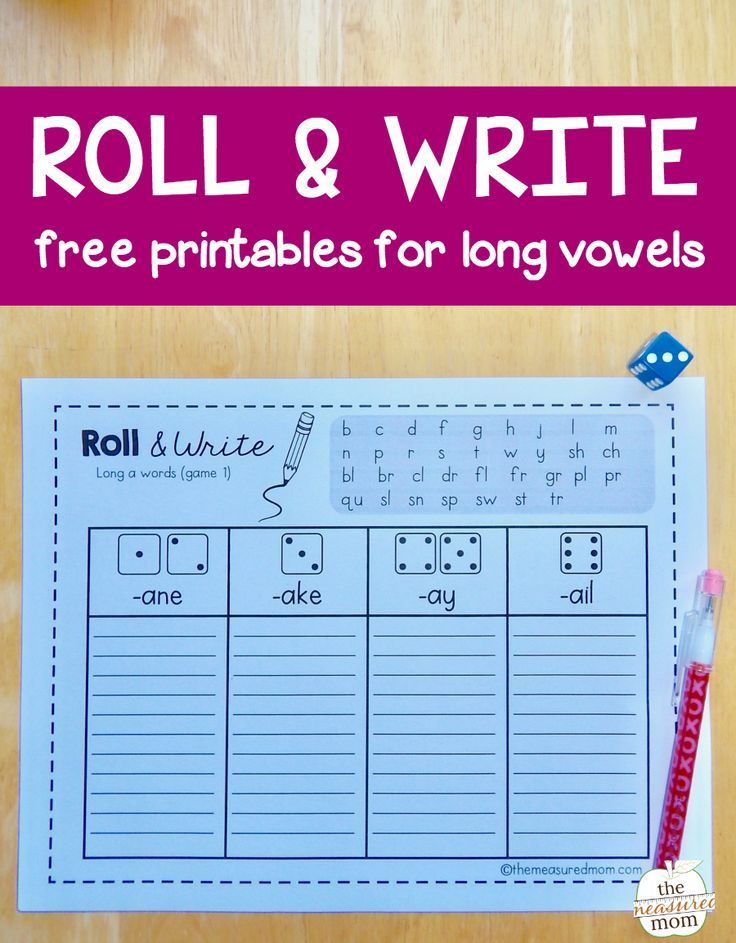 Choose a class and get a week of free access to the Russian language course with the promo code RUSSIAN5112021 : Grade 5, Grade 6, Grade 7, Grade 8, Grade 9, Grade 10.
Choose a class and get a week of free access to the Russian language course with the promo code RUSSIAN5112021 : Grade 5, Grade 6, Grade 7, Grade 8, Grade 9, Grade 10. How to develop literacy
200
No matter how much we talk to children in their native language, but when faced with the rules of spelling and punctuation at school, most children experience difficulties. Someone manages to quickly master the basics of the Russian language, someone suffers and fights over every letter and comma. How to help a student make friends with grammar, spelling and other “charms” of such a native, but such a complex Russian language?
In the study of any subject, science or academic discipline, one of the most important conditions is an individual approach. One student will memorize a dictionary word by writing it by hand 20 times in a row; in another, only a word spoken aloud several times will be deposited in the memory; the third will be able to assimilate the material if it is placed in several conspicuous places so that you can often cling to it with your eyes.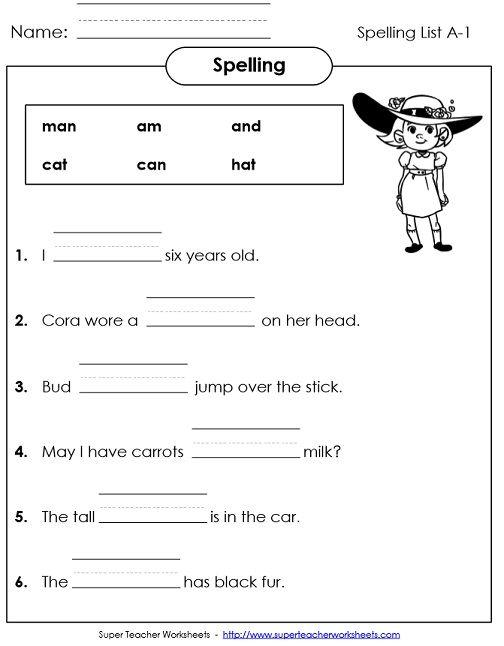 Experienced educators can determine whether a child is auditory, visual, or kinesthetic. If parents understand the individual characteristics of the child, this will also make it much easier for them to help in school.
Experienced educators can determine whether a child is auditory, visual, or kinesthetic. If parents understand the individual characteristics of the child, this will also make it much easier for them to help in school.
- Mnemonics
Mnemonics or mnemonics are special memorization techniques based on associations. There are many ready-made memos of rules and compound words. If the child is having difficulty, help him come up with his own association to a difficult rule or word. - Bedtime Story
If you still have the wonderful tradition of reading to your child before bed, use this time for extra language learning. When reading, pronounce the words clearly, paying special attention to complex and dictionary words. Perhaps the child will like to look for adjectives or proper names in the text. Think of the text not only as a bedtime story, but also as a fascinating card or box full of interesting secrets. Where did one word come from? How did the other come about? What happens if a couple of letters are taken away from the third word? Such reading games before bedtime not only contribute to easy memorization, but can also lead to the formation of a cognitive interest in languages for life.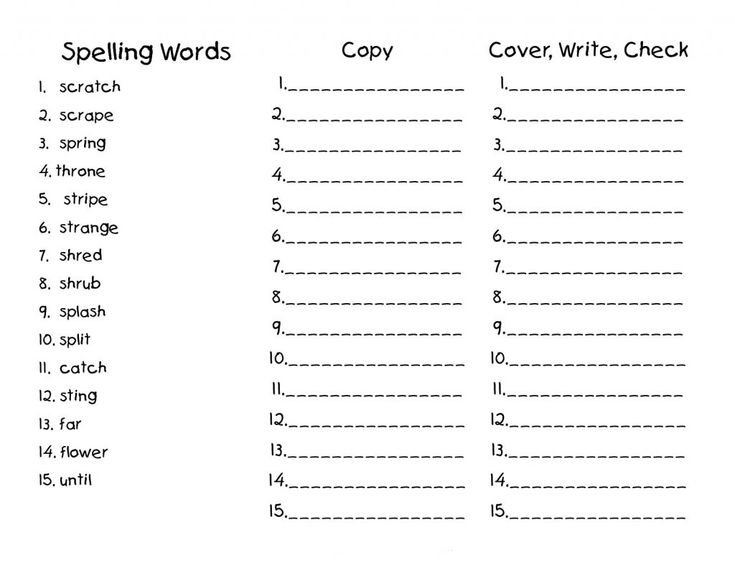
- Filling in the gaps
Every child misses classes from time to time, gets distracted in class, or approaches the task responsibly. As a result of all this, holes can appear in knowledge, which will certainly prevent further study of the rules. If you notice that the child makes the same type of mistakes, return with him to this rule and explain again. Perhaps this material, according to the teacher, was not very clear to the child, your explanation will help him understand and learn the missing knowledge. - Video lessons
Visual children perceive information much better with their eyes than with their ears. What the teacher said is quickly lost in the flow of information, forgotten. Try reinforcing important rules with videos. - Think schematically
Rules and patterns are easy to remember if presented in the form of diagrams or tables. Show your child how to do it. Perhaps schematic thinking is his forte. - Regular writing
Nothing contributes to the assimilation of the rules like constant practice.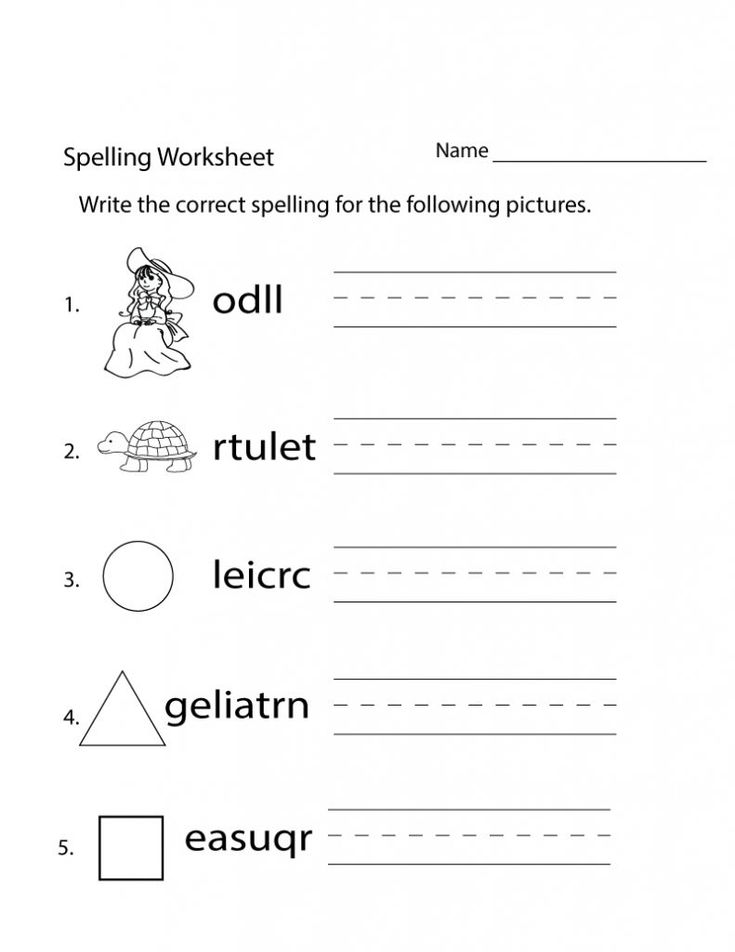 Encourage your child to write as much as possible: a letter to Santa Claus, a beloved grandmother, his own story or fairy tale - whatever. It is important not only to write, but also to parse what is written, analyze every mistake, repeat the most difficult rules and words. To write thoughtfully means to memorize what is written not only with the mind, but also with the eyes and pens.
Encourage your child to write as much as possible: a letter to Santa Claus, a beloved grandmother, his own story or fairy tale - whatever. It is important not only to write, but also to parse what is written, analyze every mistake, repeat the most difficult rules and words. To write thoughtfully means to memorize what is written not only with the mind, but also with the eyes and pens. - Your own teacher
Educational activity for a junior schoolchild is a rather unusual activity. At this age, the child is still developing the necessary skills in the process of playing. To successfully master the school curriculum, you need to play school. Being a teacher is a very big responsibility, you can't teach wrong. Regularly invite your child to teach a Russian lesson to a teddy bear or dad. You can motivate repetition, for example, with the following phrase: “Today the bear will learn the “zhi-shi” rule, so let's remember it before you start your lesson as a teacher.” - Proper motivation
Proper motivation is always important in studies.